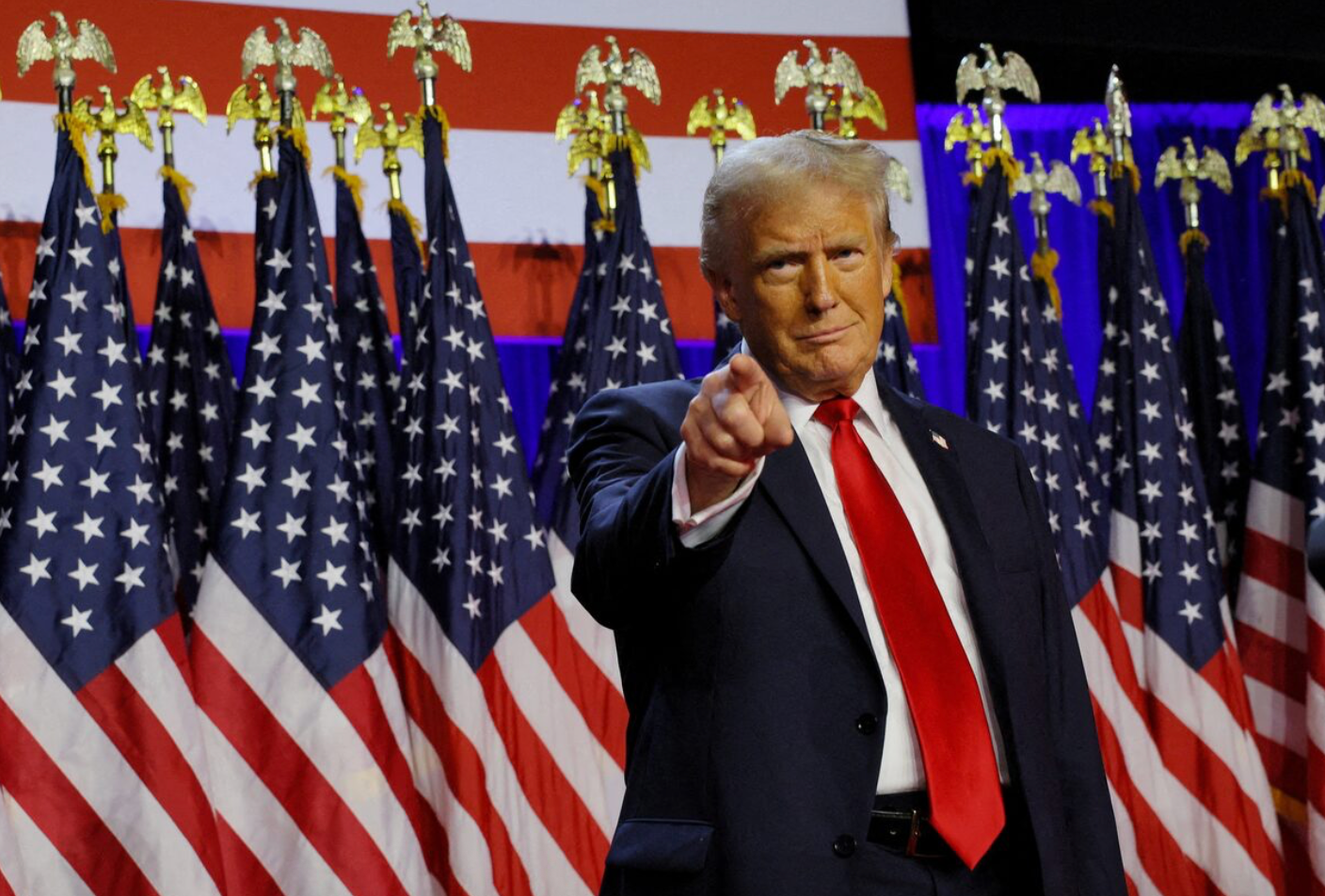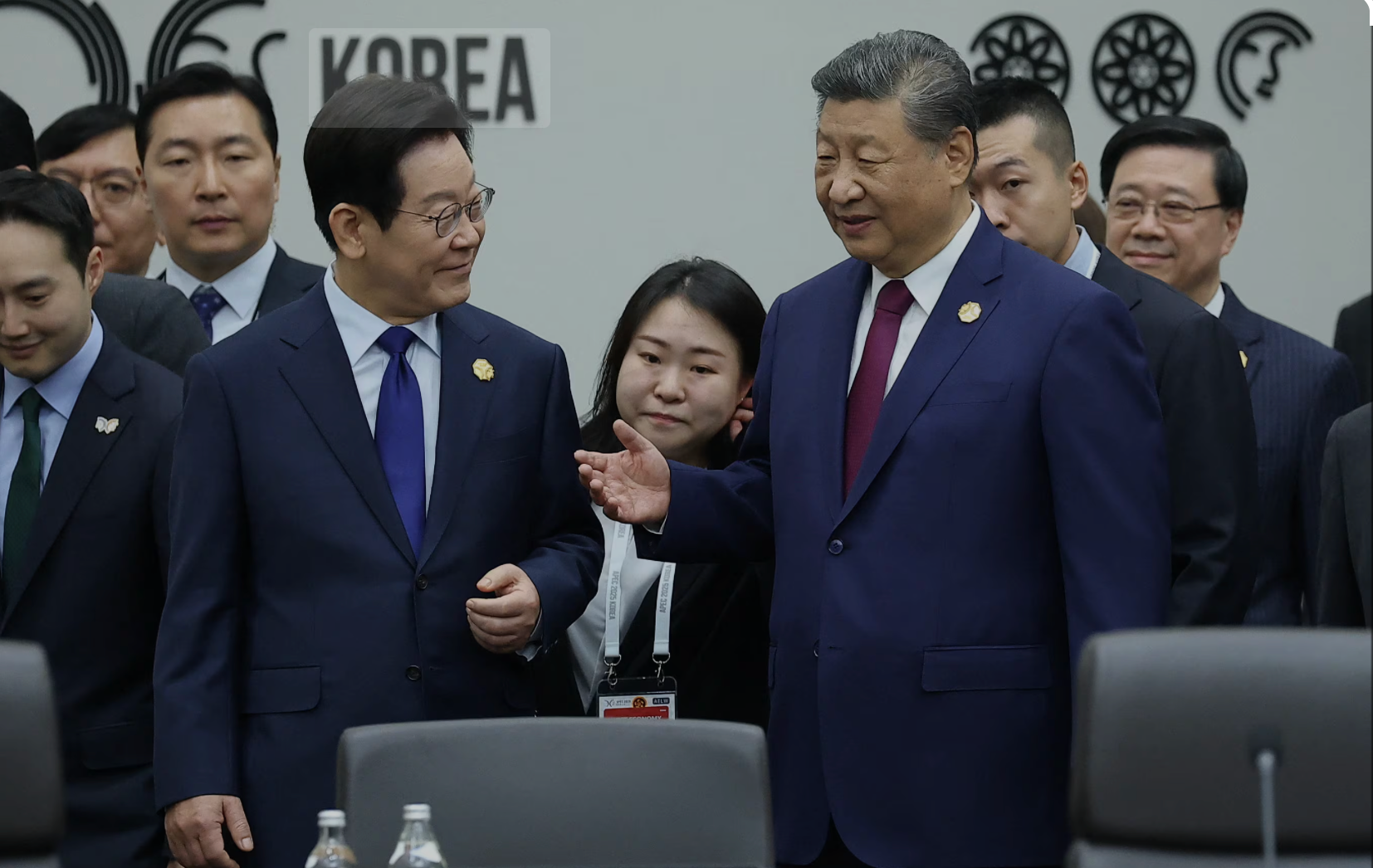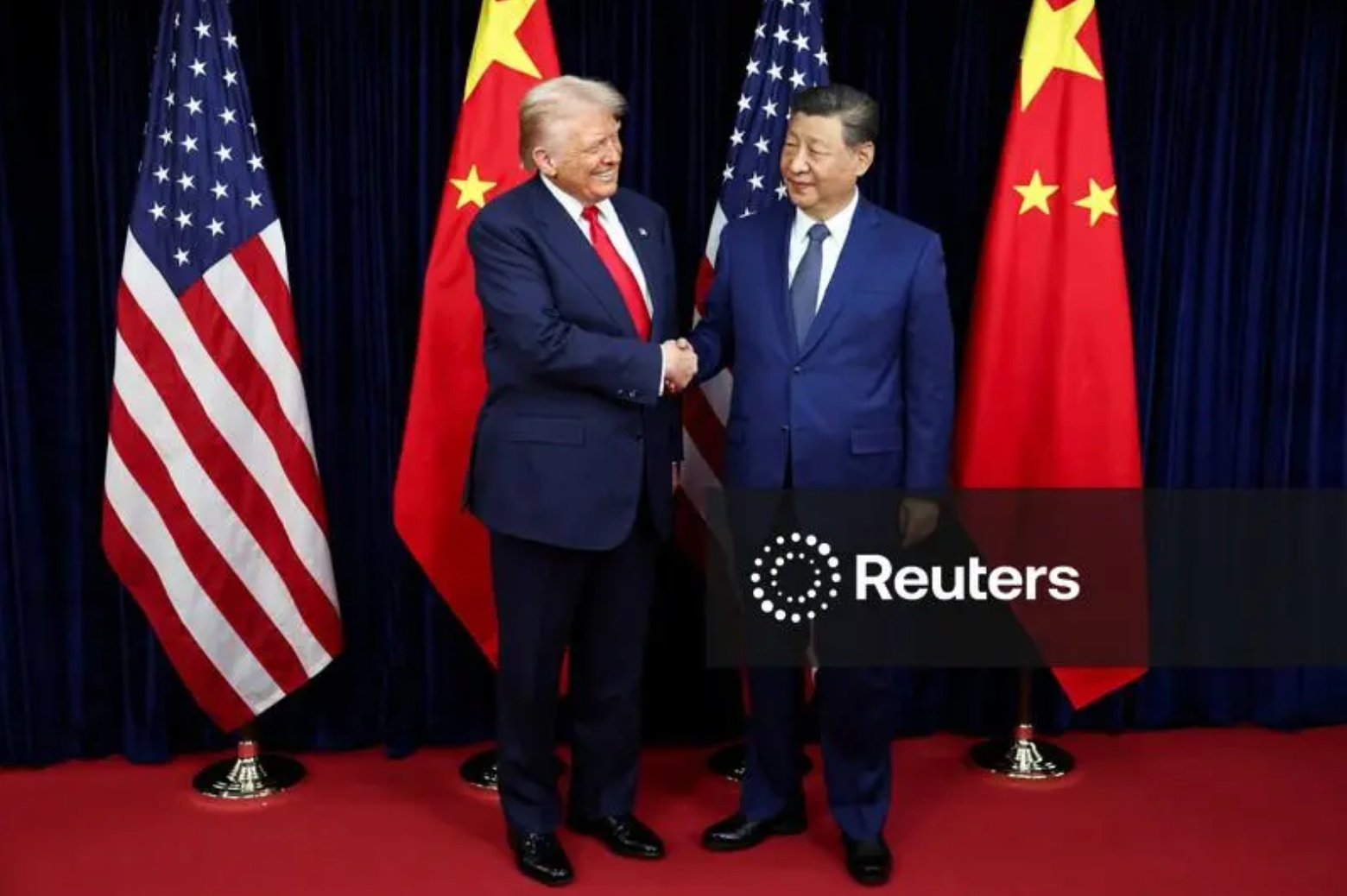From the nuclear field to APEC: Where does America's role stop?
With President Donald Trump announcing the resumption of nuclear weapons testing after three decades, the United States risks undermining the foundation of global nuclear security. Meanwhile, leaders of Pacific nations and territories gathered in South Korea for a crucial APEC summit.
America rekindles the "nuclear ghost"?
President Donald Trump last week ordered the Pentagon to begin testing nuclear weapons, citing “balance” with other powers. “We have more weapons than anybody,” he said. “But while other countries are testing, the United States is not. I think it’s time for us to do that.”
This statement immediately sparked a wave of controversy among arms control experts. According to Darrell Kimball, Executive Director of the Arms Control Association (ACA), the US “does not have any technical, military or political basis to resume nuclear testing”. He emphasized that almost every country in the world has joined the Comprehensive Nuclear Test Ban Treaty (CTBT) since 1996 - a document that Washington is also obliged to comply with, although it has not officially ratified.

However, the idea of re-testing nuclear weapons is not random. Previously, Mr. Trump's former national security adviser - Robert O'Brien published an article in Foreign Affairs stating that the US "needs to restart testing", because the international dialogue on arms control is reaching a dead end. Despite strong opposition from public opinion, O'Brien still received significant support.
One of them is Robert Peters, a strategic deterrence expert at the Heritage Foundation. He believes that the US resuming nuclear testing would be a “necessary deterrent” to prevent rivals like Russia or China from “engaging in blatant acts.” According to Peters, this would also send a message that using nuclear threats to pressure Washington is futile.
Notably, similar voices are being heard in Russia. Leading political scholar Sergei Karaganov, who has repeatedly advised the Kremlin, said that Moscow should consider resuming nuclear weapons testing as part of a strategy to “strengthen national security” amid increasingly fierce confrontation with the West.
During the Valdai Discussion Club plenary session in October, President Vladimir Putin also sent a strong signal: “We are closely monitoring the testing plans of other countries. If they take action, Russia will respond in kind.”
Resuming nuclear testing could provide strategic technological and political advantages, but it also puts the world at risk of reviving a global nuclear arms race.
It is worth noting that President Donald Trump's statement came shortly after Russia announced that it had completed testing two extremely sensitive strategic weapons projects: the Burevestnik cruise missile and the Poseidon unmanned submarine – two symbols of Moscow's new generation of nuclear deterrence capabilities.
Responding to Washington's move, Kremlin spokesman Dmitry Peskov stressed: "We hope that President Trump has been provided with accurate information, because these are absolutely not nuclear tests."
Many experts believe that President Trump's announcement is more of a political move than a real military decision. According to Andrei Klimov, a member of the Russian Council on Foreign and Defense Policy, this move reflects Mr. Trump's efforts to strengthen his image as a strong leader ahead of the midterm congressional elections.
Mr. Klimov also reiterated that speculation about the US preparing for a nuclear test has been around for a long time, and that it stems from two main reasons: First, the US nuclear arsenal is somewhat outdated, while rivals such as Russia and China are constantly modernizing. Second, the weakening of Washington's global position in the context of a gradually forming multipolar world order. According to experts, it is these factors that make the hawks in the US want to "re-wield the nuclear stick" - both to deter and to put pressure on the international chessboard.
On the other hand, experts believe that Trump’s second motive is a direct response to Russia’s advances in nuclear deterrence. According to Russian military expert Alexei Anpilogov, the White House’s statement is just a “manifestation of an unhealthy competitive spirit,” stemming from the US feeling challenged by Moscow’s achievements. Mr. Anpilogov recalled that after Russia tested the Burevestnik missile, President Trump boasted about the “best nuclear submarine in the world” belonging to the US operating near Russian waters; and when Russia announced the successful test of the Poseidon device, Mr. Trump immediately changed the subject to the US nuclear test.
Notably, no country today conducts conventional nuclear testing. Despite the Comprehensive Nuclear Test Ban Treaty, all nuclear powers tacitly adhere to a “global moratorium,” conducting only computer simulations and underground labs.
Therefore, the US's intention to "test real nuclear weapons" could become a direct "strike" on the foundation of the international arms control order - a turning point that could open the door to nuclear race 2.0.

Chinese leader stands out at APEC
Trump’s decision to skip the annual Asia-Pacific Economic Cooperation (APEC) summit left him absent from one of the world’s most important diplomatic and economic arenas, a gathering of 21 economies that account for more than half of global trade. The void Trump left behind immediately gave Beijing a chance to take center stage. President Xi Jinping became the focus of the summit, scheduling a series of high-level bilateral meetings – from Japanese Prime Minister Sanae Takaichi to Canadian Prime Minister Mark Carney – that cemented China’s leadership in the region.
In his opening remarks, President Xi Jinping deftly used the opportunity to frame a message that contrasts with President Trump’s “America First” policy. Xi made a five-point proposal to promote economic globalization that is mutually beneficial and inclusive, calling for “unity and cooperation among the 21 Pacific economies,” noting that the world is facing “unprecedented changes in a century.” “The more turbulent the times, the more united we must be, standing together,” Xi said, before asserting that “China’s door to opening up will never close, it will only open wider.”
Mr. Xi noted that over the past 30 years since its establishment, APEC has led the region to the forefront of global open development, and has made the Asia-Pacific the most dynamic region of the global economy.
This message, though diplomatically soft, has profound strategic implications: China seems to be positioning itself as a defender of the global trade order, in contrast to Washington's policy of withdrawal and confrontation.

In addition, the meeting between the two US and Chinese leaders in Busan, South Korea, attracted strong global attention. Observers widely assessed the meeting as a "milestone" in Sino-US relations, helping "stabilize global trade sentiment and expectations, thereby easing global supply chains and demand."
This was an important strategic exchange held at a crucial time in China-US relations. The one-hour-and-forty-minute meeting produced positive results and reached important consensus, which is of profound significance to both China and the US as well as the whole world.
The meeting not only addressed the specific concerns of both sides, but also reaffirmed, at a strategic level, how Beijing and Washington should cooperate with each other. The discussion brought new direction and momentum to the steady development of bilateral relations and reinforced the world's common expectation for further stability in Sino-US relations. As President Xi Jinping put it poignantly during the meeting, "China and the United States should be partners and friends. This is what history has taught us and what reality requires."
